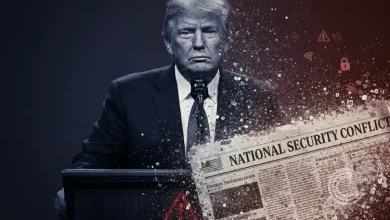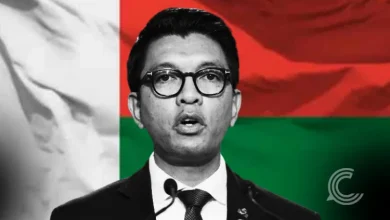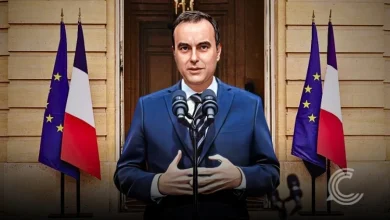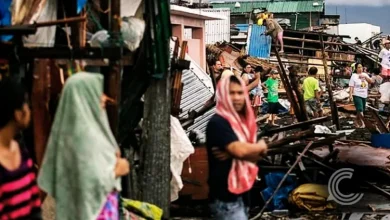US Confirms Covert CIA Operations in Venezuela, Eyes Land Strikes
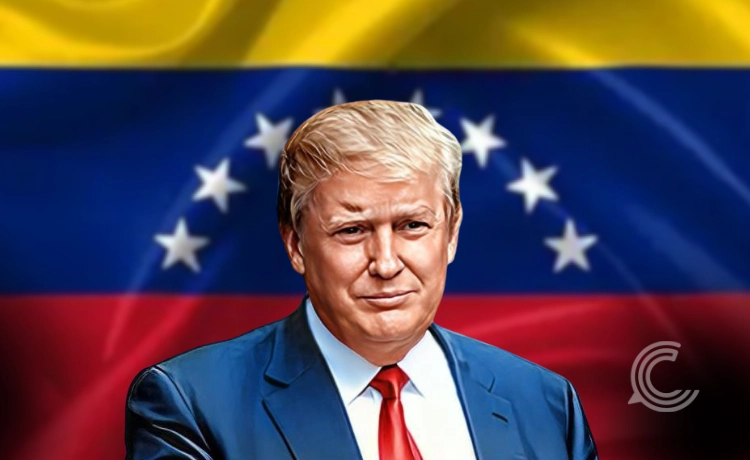
Key Highlights-
- President Trump confirms covert CIA operations in Venezuela, citing drug trafficking and prison releases as primary reasons.
- The administration is contemplating land-based military actions following successful maritime strikes.
- Venezuela condemns U.S. actions as violations of international law and sovereignty.
In a major and highly controversial shift in U.S. foreign policy toward Latin America, President Donald Trump has officially confirmed that he authorized the Central Intelligence Agency (CIA) to conduct covert operations within Venezuela. This confirmation, made during a press conference on Wednesday, October 15, 2025, marks a significant escalation in tensions between Washington and the regime in Caracas.
A New Chapter of Covert Action
The operations are explicitly aimed at disrupting the Venezuelan government’s alleged links to international criminal activity, specifically drug trafficking. The administration confirmed it is actively contemplating ground-based military actions, expanding the scope of intervention beyond the successful maritime strikes recently conducted in the Caribbean. Igniting debates among international legal experts and U.S. lawmakers.
Confirmed Covert CIA Operations and Justification
Trump’s confirmation served to publicly validate earlier classified reports regarding a directive for enhanced CIA activities. He cited two primary justifications for authorizing the covert action.
“I authorized it for two reasons, really,” President Trump stated. “First, Venezuela emptied its prisons and mental institutions into the United States… Thousands of prisoners and mentally ill people entered the country—we’re sending them back.”
The second justification centered on narcotics. “We have a lot of drugs coming in from Venezuela,” Trump noted. Additionally, he suggested they are designed to intensify “pressure” on the Caracas leadership, indicating a mission that goes beyond simple surveillance.
Escalation to ‘Armed Conflict’ and Maritime Precedent
The authorization of covert CIA operations follows a preceding military escalation in the region that the administration has publicly embraced. Earlier in the month, the U.S. administration took the extraordinary step of formally classifying drug cartels operating in the area as “unlawful combatants.” This classification, critics argue, provides a controversial legal framework for military action, effectively declaring the United States to be in an “armed conflict” with these groups.
This reclassification provided the context for a series of successful maritime strikes conducted by U.S. forces in the Caribbean. As reported by Reuters, since early September, U.S. forces have destroyed five suspected drug-smuggling boats that originated from Venezuela, a campaign that reportedly resulted in 27 fatalities.
Potential for Ground Intervention
Following the apparent success of the maritime campaign, the administration’s focus has shifted to the potential for deepening military involvement within the Venezuelan landmass.
The potential for such ground strikes signals a dramatic expansion of the U.S. military footprint and objectives. Analysts suggest that a land operation, even if limited in scope, would likely require a significant increase in the presence of U.S. special operations forces and CIA paramilitary officers on the ground, vastly increasing the risk of confrontation with Venezuelan state security forces or affiliated armed groups. This possibility has heightened international anxiety regarding the prospect of a proxy conflict or a full military invasion.
Domestic and International Backlash
The escalation has drawn swift and forceful condemnation both from the Venezuelan government and from critics within the U.S. Congress.
The Venezuelan Foreign Ministry issued a scathing statement, describing the U.S. actions as “a policy of aggression, threats, and harassment against Venezuela.” Further, condemning the operations as blatant violations of international law and Venezuela’s national sovereignty, vowing to defend the country against any incursions.
Also Read | Donald Trump Threatens Tariffs on Spain Over NATO Defense Spending Standoff
Domestically, the expansion of the conflict has triggered bipartisan backlash in Congress. Lawmakers from both sides of the aisle expressed alarm that the administration is committing the United States to an “act of war” without seeking legislative oversight or approval, as mandated by the U.S. Constitution.
Geopolitical Risks and the Path Ahead
Trump’s decision to confirm and expand U.S. military and covert CIA operations against Venezuela represents a pivotal, high-risk moment in U.S.-Venezuela relations. The move transitions the U.S. strategy from diplomatic pressure and sanctions to direct, kinetic intervention, justified by concerns over drug flow and border security.
However, as the international and domestic legal challenges continue to mount, the coming weeks will be critical in determining whether this aggressive shift in policy results in a resolution or a deepening crisis in the Western Hemisphere.
